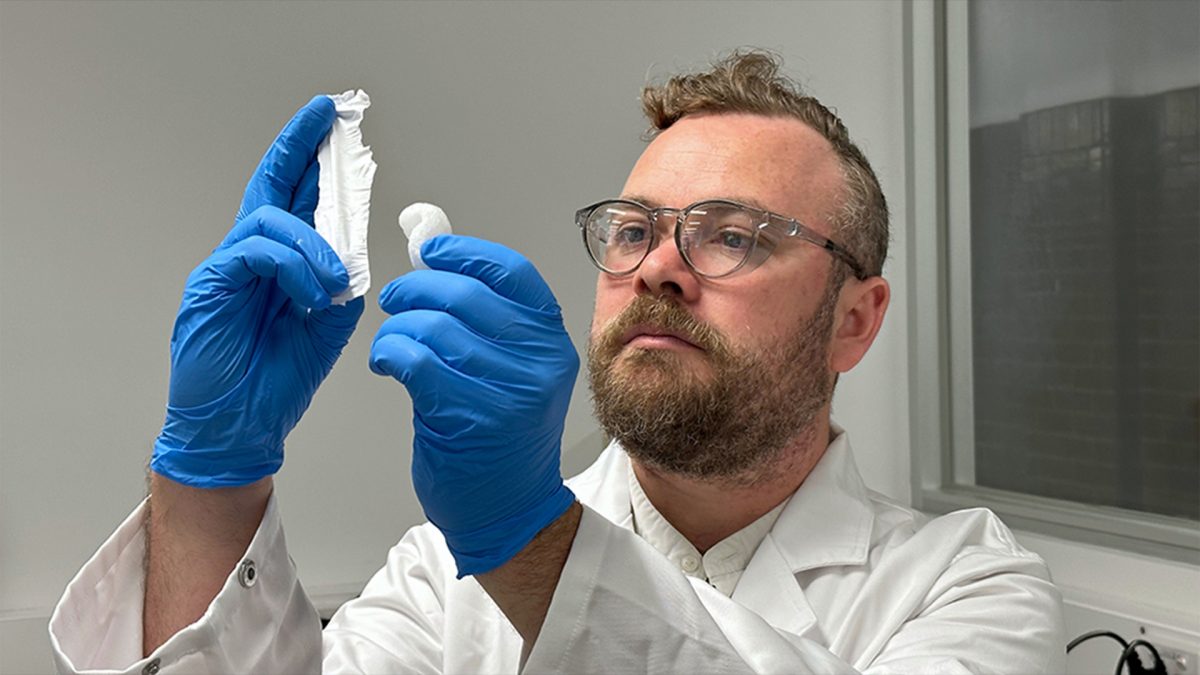Every year, over 27 million tons of single-use polystyrene packaging are produced globally, but only a small fraction — around 12 per cent — is recycled, with most ending up in landfills. Now, scientists from RMIT University in collaboration with Riga Technical University have come up with an inventive solution that could change the fate of this persistent waste.
Their new approach transforms discarded polystyrene into an energy-generating device, potentially addressing both energy challenges and the environmental impact of this common packaging material.
From waste to energy
The innovative device repurposes waste polystyrene to harness static electricity created by motion, such as airflow. The result? A thin patch made from layers of polystyrene, each just one-tenth the thickness of a human hair. Lead researcher Dr Peter Sherrell explained that these patches can generate static electricity simply from wind or air blowing across their surface. This generated energy can then be harvested, turning what was once a landfill burden into a sustainable power source.
The patches have shown promising results in tests, capturing airflow from systems like air conditioning units and potentially reducing energy use by up to 5 per cent. With the ability to reach up to 230 volts, comparable to household voltage (albeit at lower power), these patches could help power devices or supplement local energy needs.
Sustainable and durable power generation
The durability of these patches stems from the same properties that make polystyrene infamous for its slow decomposition. Dr Sherrell noted that while polystyrene’s longevity has long been a problem for landfills, it now becomes a benefit, allowing these patches to produce electricity for extended periods. This stability means the patches could offer a reliable source of power without degrading quickly over time.
Impact Shorts
More ShortsThe technology isn’t limited to air conditioners. It could also be used in high-traffic areas like underground walkways, harnessing the movement and airflow created by pedestrians to supplement local power supplies without additional grid demand. The energy generated varies based on movement; larger, faster motions generate more power, while smaller movements yield less. This versatility opens doors for the patches to be deployed in various settings where they can capture otherwise wasted energy.
Future prospects
The creation of these energy-generating patches is part of a broader study into triboelectric nanogenerators, which are devices that convert motion into electric energy. The team at RMIT has been exploring how different plastics can be optimized for energy generation by altering their structure. For example, making the material rough or smooth, thick or thin, can influence the amount of static electricity generated.
Published in Advanced Energy and Sustainability Research, the project is now moving towards commercialisation. RMIT has filed a provisional patent and is actively searching for industry partners to develop this promising technology for practical use. With this innovation, scientists may have found a way to turn an environmental headache into a valuable energy solution.


)

)
)
)
)
)
)
)
)



